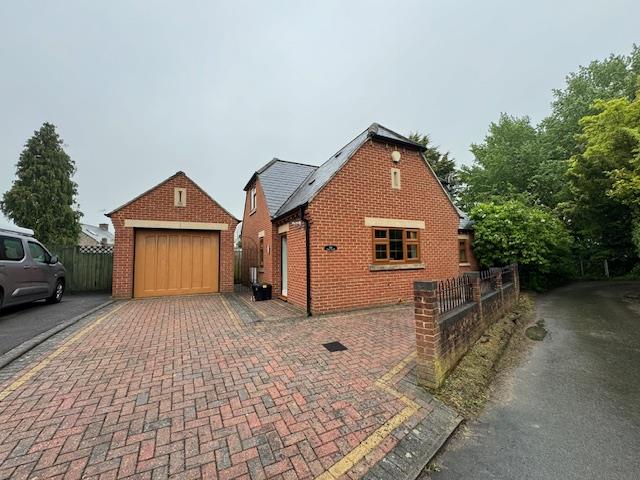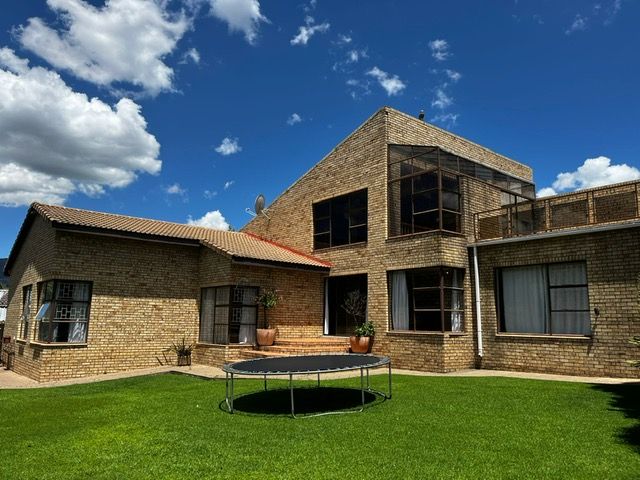Buying property abroad can be one of the most exciting and rewarding financial moves you’ll ever make. Whether you’re looking for a vacation home, an investment opportunity, or a fresh start in a new country, international real estate offers a world of possibilities—literally. But before diving into this big decision, there are important things to consider to avoid unexpected hurdles.
Here’s a comprehensive guide to help you navigate the process smoothly and confidently.
1. Know Your Purpose and Goals
Start by asking yourself: Why do I want to buy property abroad?
Are you planning to retire there? Looking for a holiday home? A buy-to-let investment? A place to live while working remotely? Your purpose will shape every decision—from location and budget to legal requirements and property type.
If you’re buying for vacation purposes, you might prioritize places with good weather and nearby attractions. If it’s for long-term living, consider access to healthcare, schools, job opportunities, or local communities. For investments, focus on growth potential and rental yield.
2. Choose the Right Country and Location
Research is your best friend when choosing where to buy. Look beyond beautiful beaches and iconic cityscapes—consider factors like:
- Cost of living
- Political stability
- Property ownership rights for foreigners
- Tax implications
- Currency fluctuations
- Quality of life
Also, visit the location (preferably more than once) before making any decisions. Stay for a while, talk to locals, explore neighborhoods, and get a feel for the area during different seasons. If you want detailed guidance on property ownership laws and other legalities in specific countries, go to this site for the latest resources and expert insights.
3. Understand the Legal Process
Every country has its own rules and regulations for foreign property buyers. Some countries welcome international buyers with open arms; others impose restrictions or require special permits.
You’ll need to understand:
- Who can legally own property?
- What documents are required?
- How does the title transfer work?
- Are there residency or visa requirements?
- Do you need a local bank account?
Hire a local, independent lawyer—not someone recommended by the seller or developer—to guide you through the process and ensure your rights are protected. They’ll help with contracts, due diligence, and legal checks, ensuring the property is free from debt or legal disputes.
4. Think About the Finances
Buying property abroad isn’t just about the price tag—it comes with additional costs you need to budget for:
- Legal fees
- Taxes and duties
- Agent fees
- Notary costs
- Currency exchange and transfer fees
- Property registration
- Maintenance and ongoing management costs
Financing options may also differ. Some buyers pay in cash, while others use a local or international mortgage. If you’re using a mortgage, shop around for interest rates and lending terms—and be aware that loan approval may be harder as a non-resident.
Using a foreign exchange specialist can help save money on large international transfers compared to using a regular bank.
5. Be Realistic About Risks
No matter how perfect the property seems, buying abroad comes with unique risks. For instance:
- Market conditions in another country may be unpredictable.
- Language barriers can cause misunderstandings.
- Political or economic changes could affect your investment.
- Local rules might change after you purchase (e.g., new taxes or ownership restrictions).
Do your due diligence thoroughly. Avoid rushing into deals or being pressured by aggressive sales tactics. Never buy based on photos or promises—if something feels off, it probably is.
6. Consider Rental Potential
If you’re planning to rent out the property when you’re not using it, look into the local rental market. Are short-term rentals allowed? Is there tourist demand? What are the taxes on rental income?
Some countries require registration or a special license to rent out properties, and some buildings (especially condos) have strict rental restrictions.
You might also want to hire a local property manager to handle bookings, maintenance, and guest services if you’re not planning to live nearby.
7. Factor in Language and Cultural Differences
Living—or even owning a property—in a foreign country means dealing with cultural and language differences. Legal documents, local customs, and even day-to-day tasks might not work the way you’re used to back home.
Having a translator, local guide, or bilingual lawyer can be invaluable. Also, learning a bit of the local language can go a long way in easing the process and building trust with locals.
8. Plan for the Long Term
Before you sign any papers, ask yourself: What does the next 5, 10, or 20 years look like?
- Will the area still be desirable?
- Will you be able to sell or pass the property on to your children?
- Are there inheritance or capital gains taxes?
- Will your family enjoy visiting or living there?
Make sure you think beyond the initial excitement and consider how this purchase fits into your long-term financial and lifestyle goals.

9. Stay Compliant With Taxes and Laws at Home
Don’t forget your responsibilities back home. Depending on your country of residence, you may need to:
- Declare the foreign property
- Pay taxes on rental income
- Report gains if you sell the property
Check with a qualified tax advisor familiar with international property to avoid double taxation or missing important filings.
10. Use Trusted Professionals
When buying property abroad, surround yourself with a solid team of professionals:
- A local, independent real estate lawyer
- A licensed real estate agent
- An accountant or tax advisor
- A foreign exchange broker
- A property management company (if needed)
Avoid “too good to be true” offers or agents that only speak in glowing terms. Professionalism and transparency are key.
Final Thoughts
Buying property abroad can open the door to new experiences, financial growth, and even a dream lifestyle—but only if you approach it with the right information and mindset.
Take your time, do your homework, and lean on trustworthy experts to guide you. Whether you’re seeking a beachside retreat in Portugal, a city apartment in Tokyo, or a countryside villa in Tuscany, smart planning can help you make your international property dream a reality.










